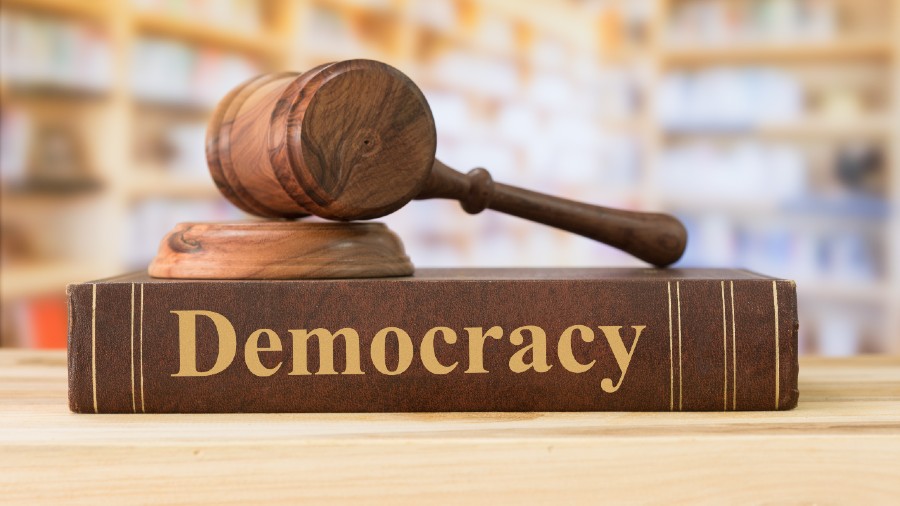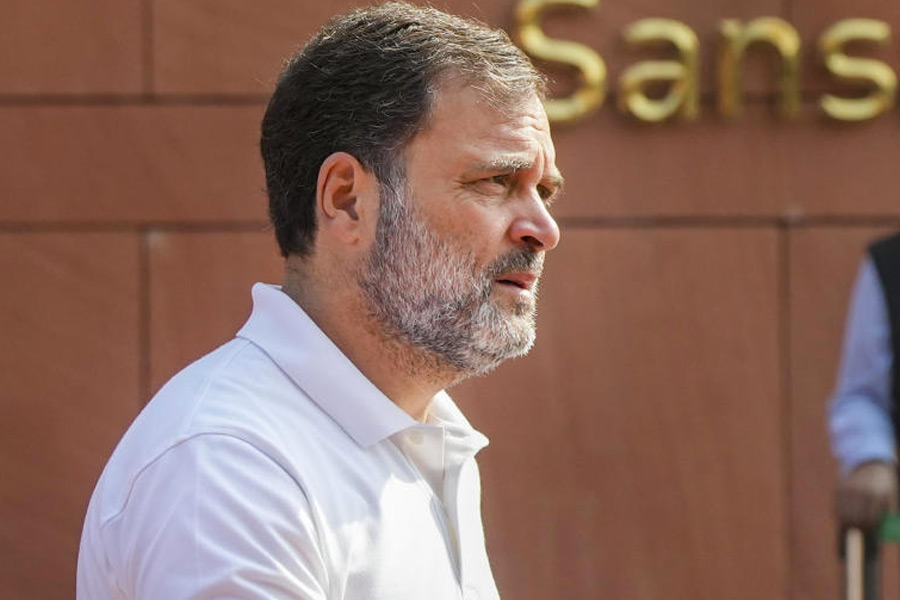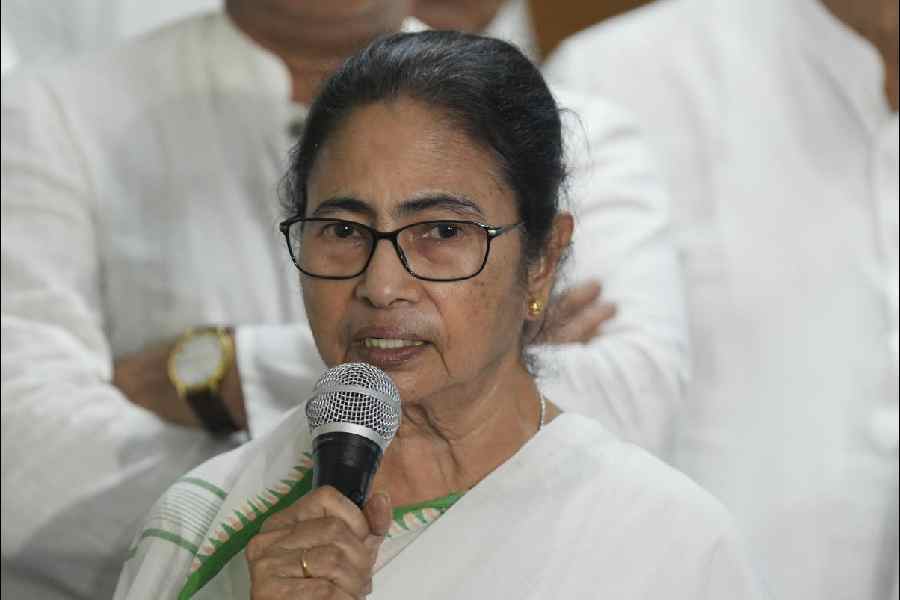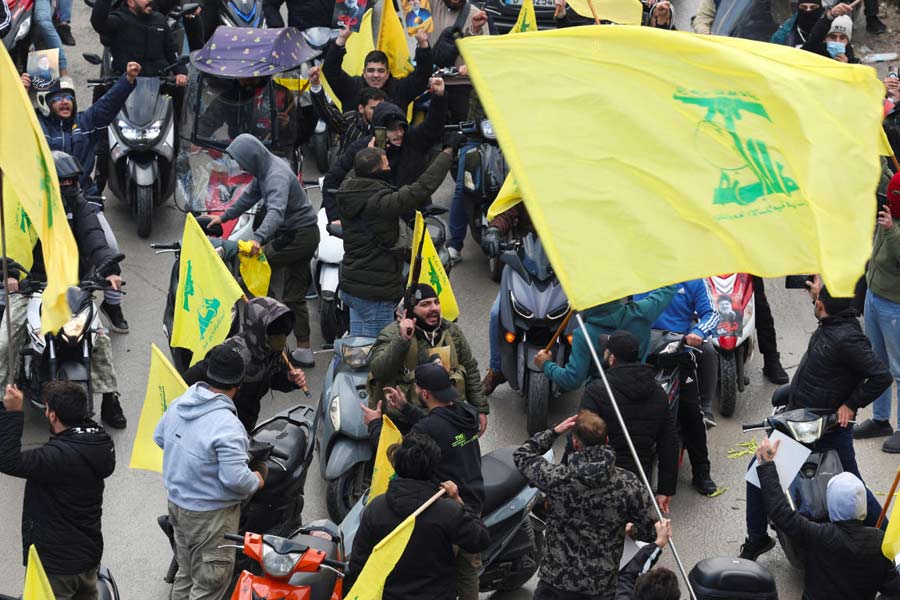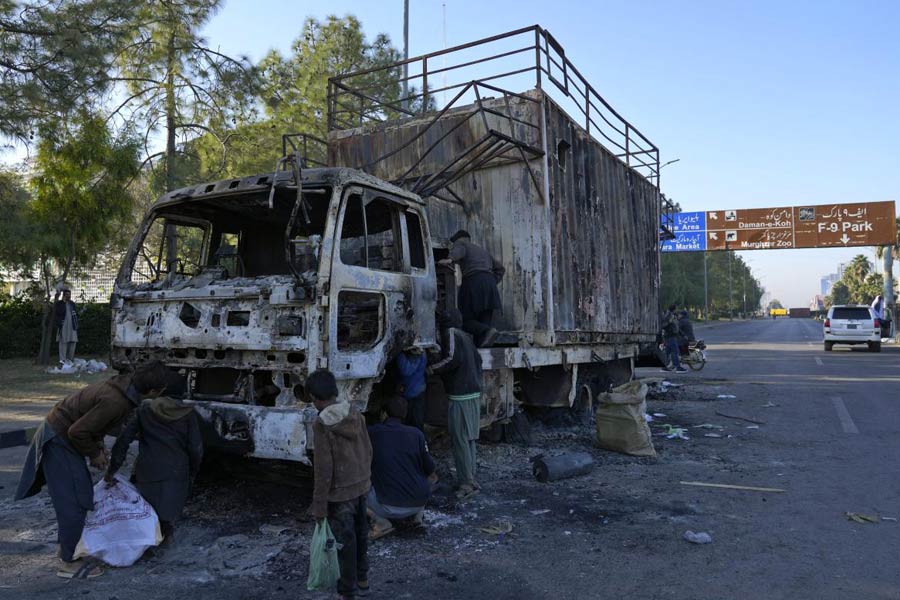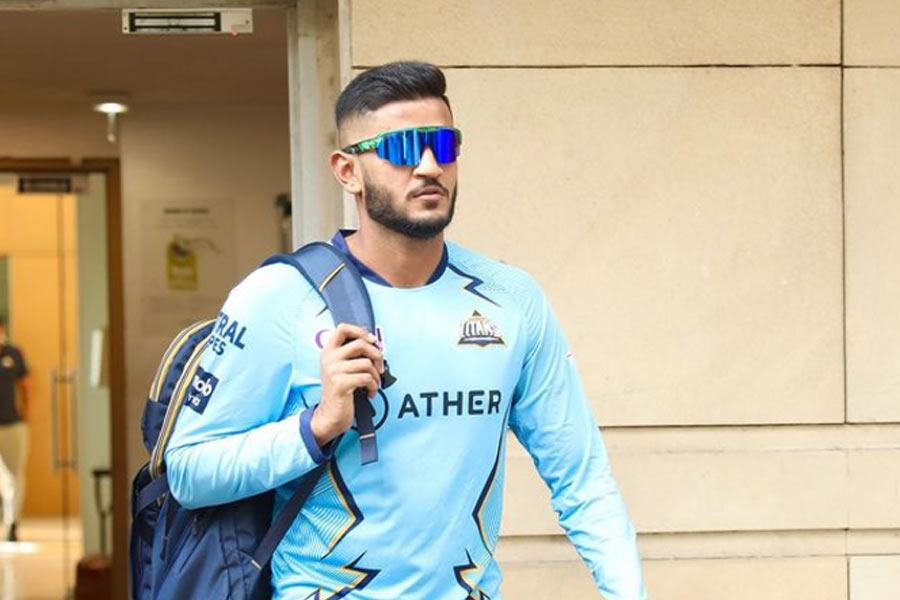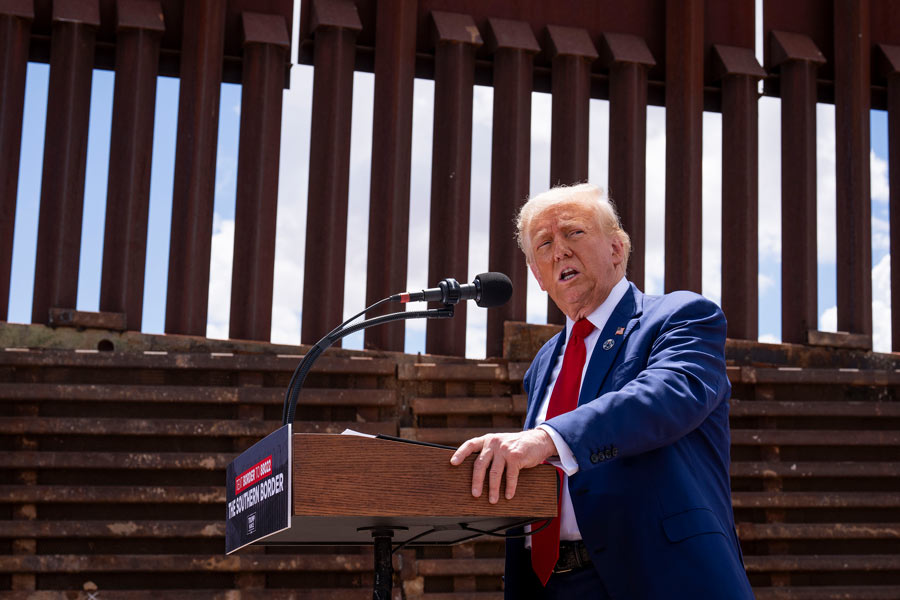The importance of a summit on democracy — the president of the United States of America, Joe Biden, has been organising it — at a time when this particular system of governance is in retreat the world over cannot be understated. The challenge, however, is not to allow these gatherings to be reduced to occasions where global leaders spout benign — contested — rhetoric. Yet, that seems to be the case with the second edition of the event if the utterances of the Indian prime minister, Narendra Modi, and his Israeli counterpart, Benjamin Netanyahu, are anything to go by. Mr Modi and Mr Netanyahu have been facing criticism — international and domestic — for their alleged role in weakening the democratic ethos of their respective nations. The Indian prime minister, however, chose to ignore the rising tide of criticism and, typically, deflect attention to democratic traditions that India has apparently nurtured from ancient times. This was consistent with Mr Modi’s recent efforts to reclaim the mantle of democracy from the West and give it a distinct, Indic touch. The problem for Mr Modi is that present-day India is failing to live up to the high standards that he claims were set by the India of yore. The rise of charismatic leaders — Mr Modi is one — has corresponded with the weakening of institutions, the vilification of political opponents, the hounding of dissenters and the taming of the media in New India. Much like Mr Modi, Mr Netanyahu chose sophistry, describing the protests in his country against his attempts to subvert the judiciary as an instance of a ‘robust debate’ that will strengthen Israel’s democracy. That Mr Netanyahu endorses a ‘debate’ to decide the independence of the judiciary is perhaps a truer assessment of his credentials as a democrat.
In spite of their problematic views, it must be remembered that both Mr Modi and Mr Netanyahu are popular, elected leaders. They command the political majority in their countries. This bares modern democracy’s most pertinent problem: the hollowing out of democratic structures by leaders who are only too keen to dress authoritarianism in democracy’s finery. The emergence of this tendency is the result of transitions in the spheres of politics, economy and culture. Democracy’s revival, be it in India or the world, depends on meeting the challenges in each of these spheres.

